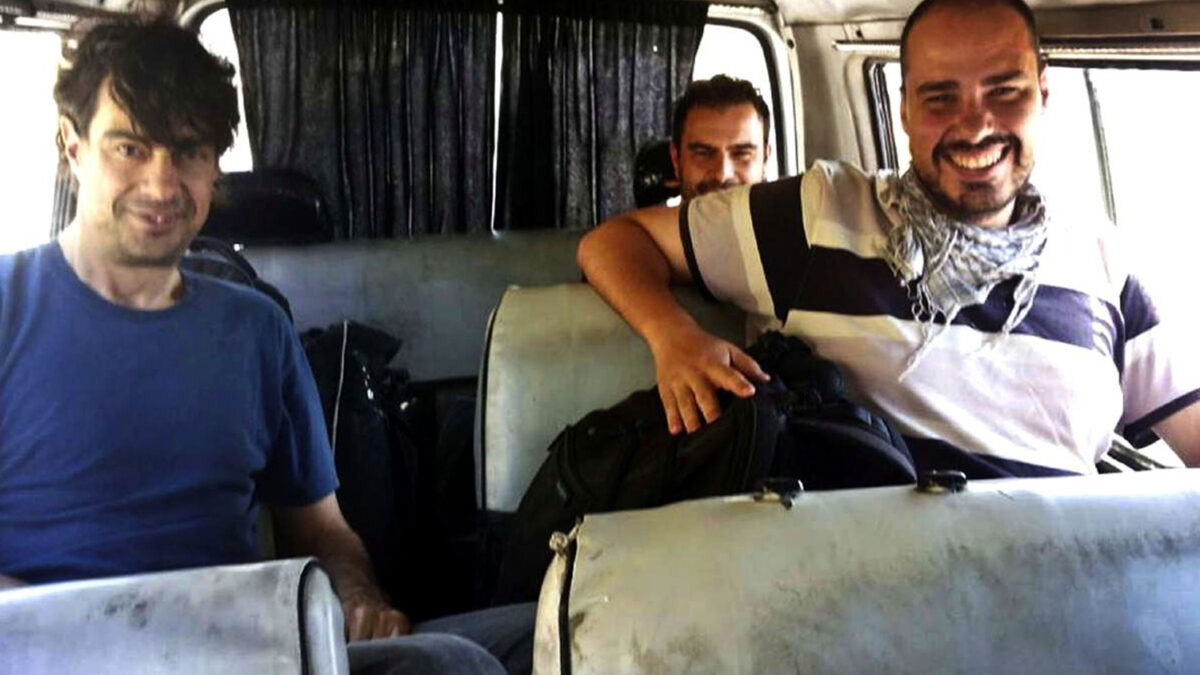Inane Spain
Western-world politicians, both conservative and left-wing, often rant about their unflinching stance against terrorism. In Spain, one listens to long tirades about unwillingness to take lessons from anybody on this subject. While other European countries never negotiated while eliminating their terrorist groups –such as Germany with Baader Meinhof– and others have used the army to combat terror –as did the United Kingdom against IRA–, Spain chose a bland course of action including amnesties, peace talks and recent acceptance of ex-terrorists in national politics. Basque terrorist group ETA began murdering Spanish citizens in 1968, when a policeman was shot and killed while regulating traffic. The justification for the Basque murderers was the fight against the Franco dictatorship, but the first three decades of the Franco regime went by with zero terrorist attacks. In four decades of Spanish democracy, ETA has killed 857 people. The year with the highest death toll was 1980, when 98 Spaniards were murdered, three years after the General Amnesty Law had released all ETA terrorists from jail. In 2010 ex-president Felipe González confessed that he could have eliminated ETA’s main infrastructure but chose not to do so. In 2011, after having negotiated with the Basque assassins, president José Luis Rodríguez Zapatero declared the official end of terrorist activities in Spain.

Western-world politicians, both conservative and left-wing, often rant about their unflinching stance against terrorism. In Spain, one listens to long tirades about unwillingness to take lessons from anybody on this subject. While other European countries never negotiated while eliminating their terrorist groups –such as Germany with Baader Meinhof– and others have used the army to combat terror –as did the United Kingdom against IRA–, Spain chose a bland course of action including amnesties, peace talks and recent acceptance of ex-terrorists in national politics. Basque terrorist group ETA began murdering Spanish citizens in 1968, when a policeman was shot and killed while regulating traffic. The justification for the Basque murderers was the fight against the Franco dictatorship, but the first three decades of the Franco regime went by with zero terrorist attacks. In four decades of Spanish democracy, ETA has killed 857 people. The year with the highest death toll was 1980, when 98 Spaniards were murdered, three years after the General Amnesty Law had released all ETA terrorists from jail. In 2010 ex-president Felipe González confessed that he could have eliminated ETA’s main infrastructure but chose not to do so. In 2011, after having negotiated with the Basque assassins, president José Luis Rodríguez Zapatero declared the official end of terrorist activities in Spain.
Now the Rajoy government has apparently reached an agreement with the Al-Nusra Front in order to free three Spanish journalists abducted in July 2015 in the Syrian city of Aleppo. Twitter is ablaze with rumors of a ransom between 4 and 12 million euros. Lebanese reporter Jenan Moussa tweeted on May 8th: “Ransom money paid by Spain. Now you know how Al-Qaeda is partly funded”. How long before the next lot of Spanish journalists is whisked away and an even higher payoff is asked for?
